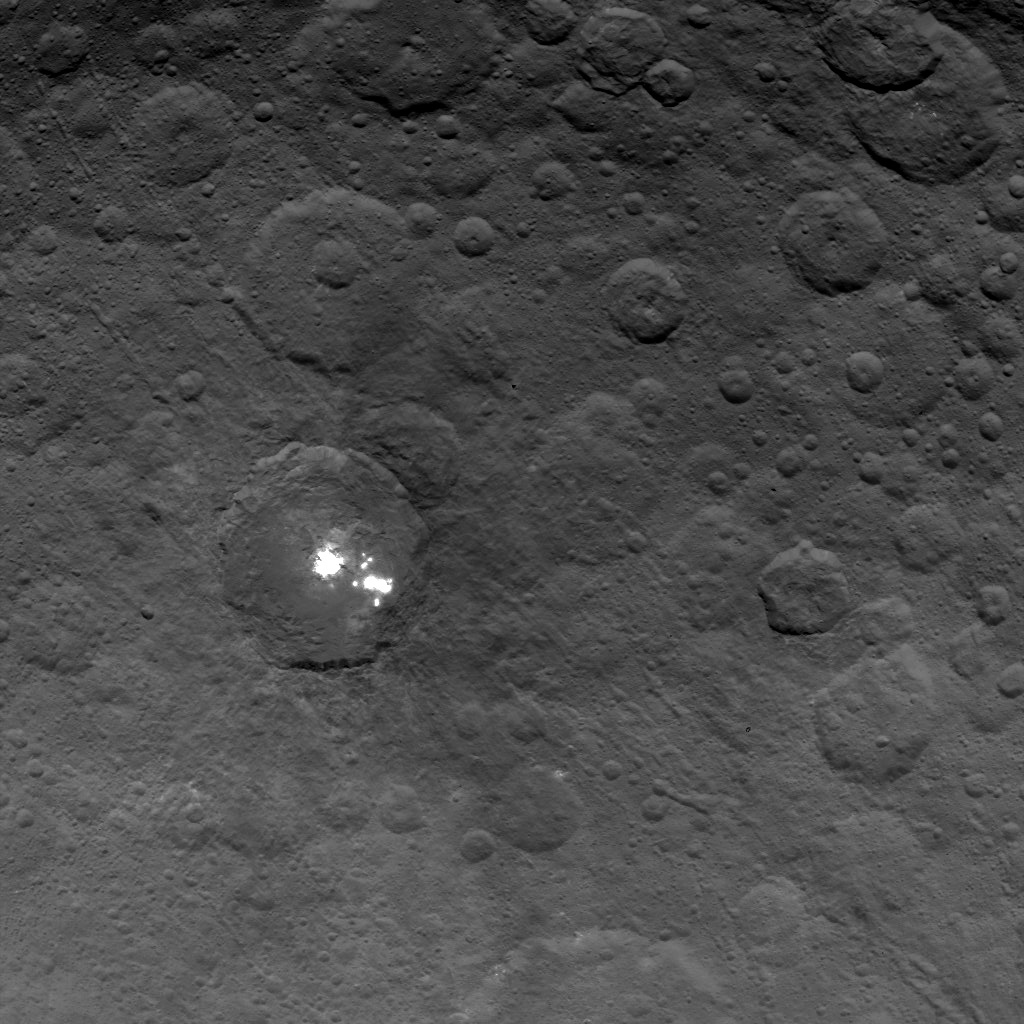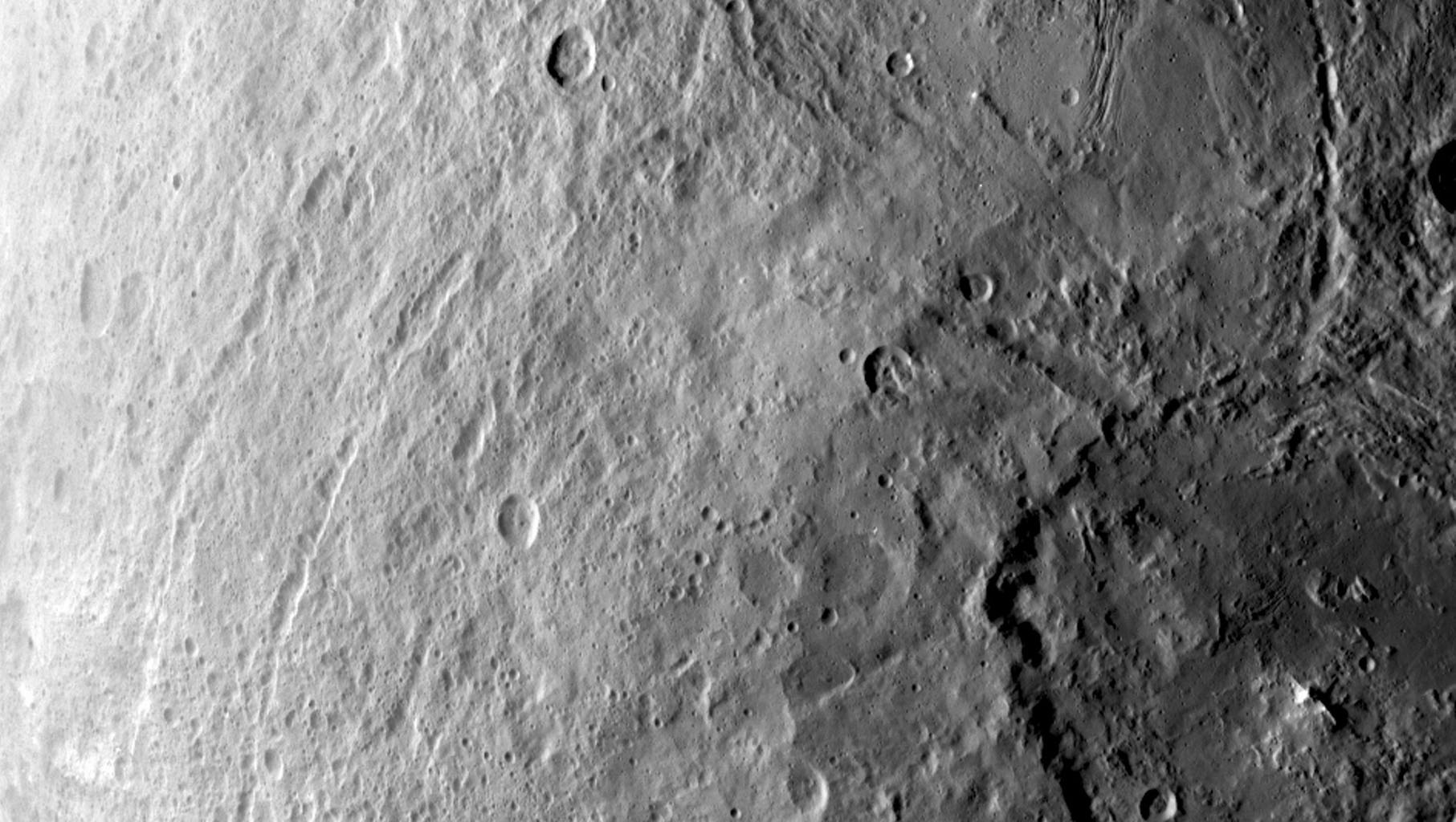MrMarcello
In a well-ordered universe...
Yeah that's true, a lot of the stuff you see in sci-fi is becoming increasingly plausible. Prosthetics are becoming incredibly advanced, like all the fully functioning nerve-controlled arms that are appearing all over the place at the moment. If we don't kill ourselves, there's so much potential there. As to travel, that depends really. The distances involved in interstellar travel are well beyond anything we're even vaguely close to theorising about at the moment, I think the best hope is either wormholes (which exist according to our current theories) or something like the sci-fi hyperspace concept (which I think I remember reading does not exist).
I see it this way. What mankind achieved in a few thousand or so years was amazing. What mankind achieved from then up till the mid-to-late 1800s was more amazing. What mankind achieved from the late 1800s in the late 1900s was much more amazing. What mankind has achieved in the past 20-30 years is downright insane. What's next?
Has what mankind achieved during my generation exceed all of mankind combined?




